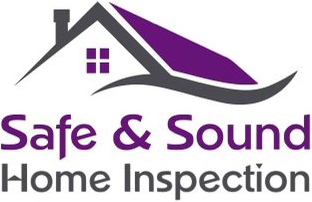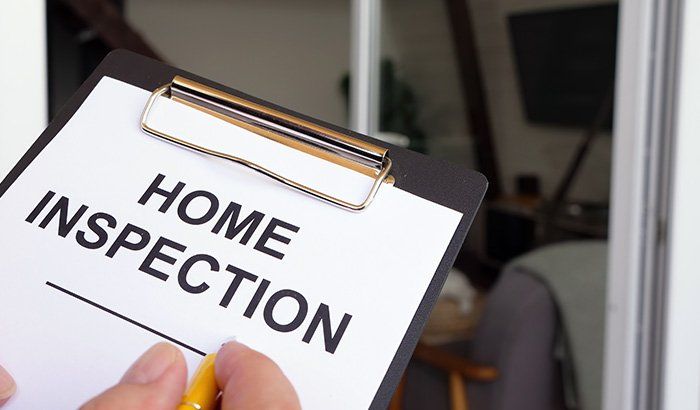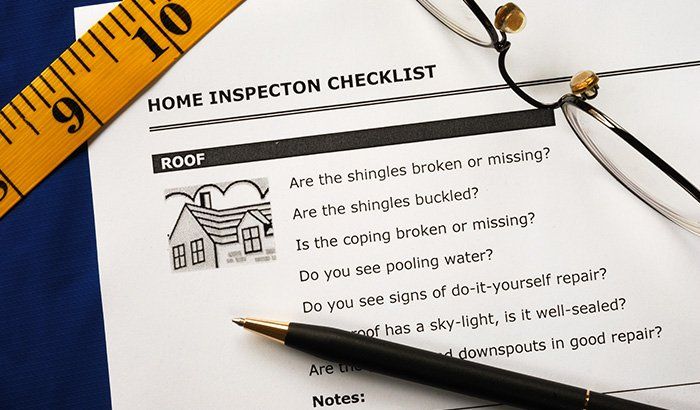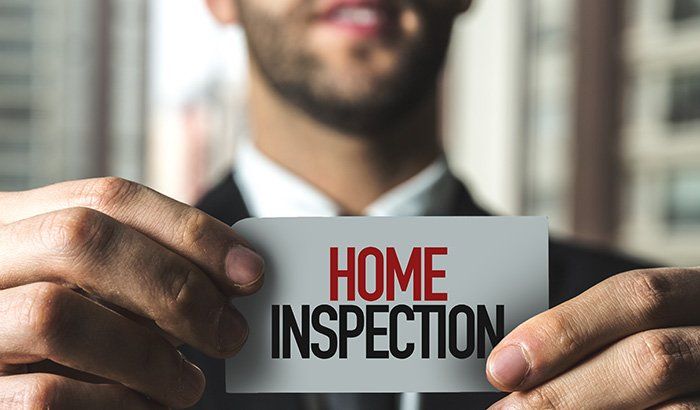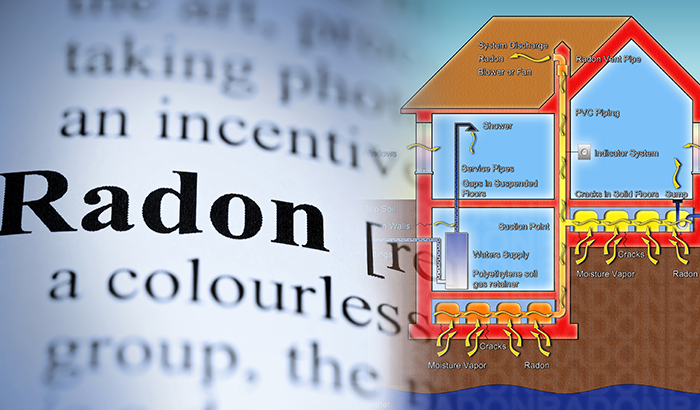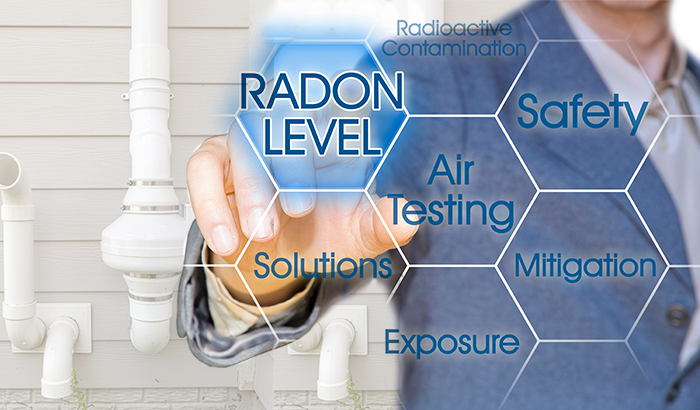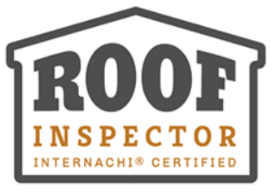9 Home Inspection Tips for Homeowners-To-Be
7064392620 • April 12, 2022
If you’re purchasing a new house, you might not understand what to expect from a home inspection, but we’re here to help you prepare for yours.
According to Homelight, 90 percent of buyers believe that home inspections aren’t a luxury but a necessity. These inspections help protect buyers from purchasing a home with undisclosed problems. Although this is a crucial step in the home-buying process, you don’t need to feel intimidated.
Today, we’re sharing nine of our best tips surrounding home inspections so that yours goes off without a hitch.
1. Prepare a Home Inspection Checklist
Preparing a home inspection checklist will help you work more cohesively with your inspector. This will also help you remember any specific areas of concern you want to discuss.
You might want to include the following items on your checklist:
Roof - Weathered or damaged roofs can be one of the most significant expenses in your home. You’ll want to find out how old it is and ask questions about any damage you notice. Also, check around the roof for nearby leaves and branches that could damage its structure or give rodents and pests easy access into your home.
- Exterior water - Water can cause foundation damage, rotting, and mold. Check the exterior of the home for anything that would cause rainwater to flow underneath. Check the rain gutters to make sure they are clean and direct water away from the properties foundation.
- Foundation - Foundation issues are another costly expense. Save yourself a future headache by checking the foundation for any cracks or raised areas. Also, pay attention to any tree roots surrounding the property that could become problematic.
- Interior water - Just as you checked for water damage outside, you’ll want to apply the same principles to the interior of the home. Examine walls, ceilings, floors, basement, attic, and cabinets for any signs of leaks or water stains. Also, look for bubbling paint or water stains surrounding the windows, as this could indicate a poor seal.
Appliances - Ensure that all of the appliances work appropriately. Turn on everything, including kitchen appliances, the water heater, air conditioner, garbage disposal, heater, and the garage door.
Signs of age - In general, you’ll want to examine the house for any signs of aging that could be troublesome. This includes dated pipes, windows that lack energy efficiency, dangerous wiring, or old electrical outlets.
2. Hire the Right Home Inspector
When selecting a home inspector, don’t just hire the first person you come across.
Here are a few tips to help you choose a home inspector:
- Make sure the inspector of your choosing has a valid and current license and that they are certified.
- Ask friends, family, or your real estate agent for referrals.
- Consider their level of training and experience.
- Ask what you’ll get for the price.
- Read online reviews.
3. Be Present for the Inspection Walkthrough
If possible, arrange your time to be present for the inspection walkthrough. It’s relatively standard for buyers to attend the walkthrough, which takes place after the home inspection has been completed. It’s not required to attend the walkthrough, but it will help you become aware of any problems firsthand. This will also allow the inspector to address any questions or concerns you may have.
4. Temper Your Expectations
Although a home inspection report is quite detailed, it won’t cover every nook and cranny. Inspectors are considered a guest in the seller’s home, so they’re somewhat limited in their ability to inspect. As an example, they won’t be able to move furniture or appliances in order to respect and protect the items within the home. So please understand if they’re unable to check that every window slides open with ease or tear apart the dishwasher to see why it’s making a funny sound.
5. Check for Disclosures
If there are any seller disclosures, be sure to review them before inspection day. Ask your inspector to look at those specific areas and verify that any documented repairs have been made.
6. Set Aside Time to Ask Questions
Knowledge is power when it comes to home inspections. If you’re not sure what questions to ask, consider the following:
- How difficult is that to repair?
- How much will this repair cost?
- Is this a significant problem or a minor issue?
- How do I maintain the HVAC system? (or anything else you’re unfamiliar with)
- What are your biggest concerns?
- I don’t understand; can you clarify?
- Do I need to schedule a follow-up inspection?
- Is there anything in particular I need to do once I move in?
7. Don’t Focus on Trivial Issues
Home inspections are mainly meant to address any major structural issues or systems needing extensive repairs. Normal wear and tear, such as burned-out light bulbs or a cracked light switch cover, is expected when purchasing a used home. Determine which battles are worth fighting to avoid making unnecessary home inspection repair requests.
8. Request Documentation for Completed Repairs
It’s wise to ask the seller for documentation once any repairs have been completed. This step isn’t essential, but it can help verify any amenities the seller is advertising. It’s also helpful to have the name of the individual or business that completed the job in case any further repairs are needed in the future.
9. Redo the Inspection After Repairs
If you negotiate with the seller to make any requested repairs before purchasing the home, it makes sense to confirm that the work was done correctly. We recommend following up with your home inspector to examine and sign off on these repairs.
Receive a Comprehensive Home Inspection Report From Safe & Sound Home Inspection
If you’re buying a home, don’t leave the home inspection up to anyone. Safe & Sound Home Inspection is proud to offer
professional and trustworthy services that will give you peace of mind and help you save money. All of our inspectors are AHIT-certified and have a minimum of 10 years of experience in the industry, so you can trust that your future home is in good hands.
We’re located in Sandy, Utah, and serve most of Northern Utah. Contact us
today for a free quote and to schedule your superior home inspection.
